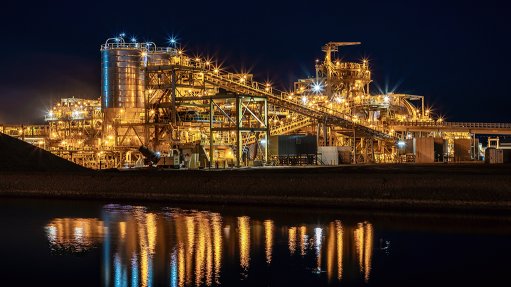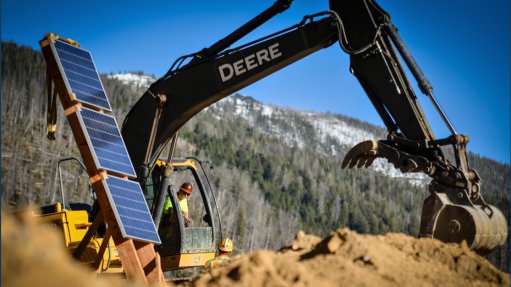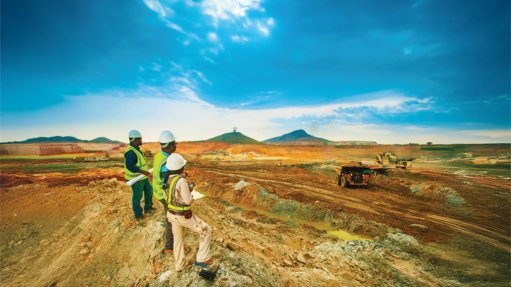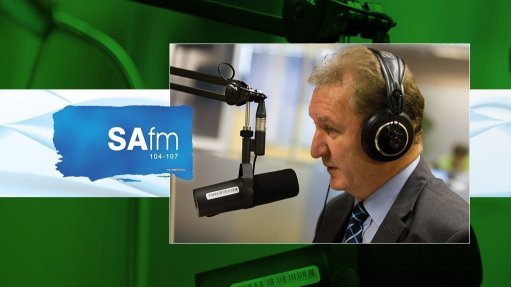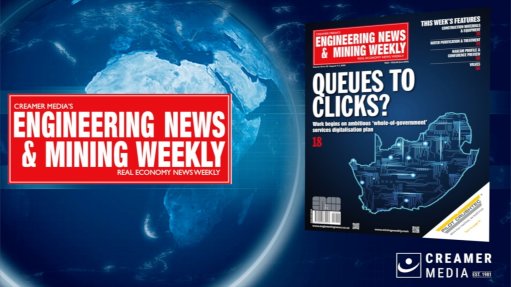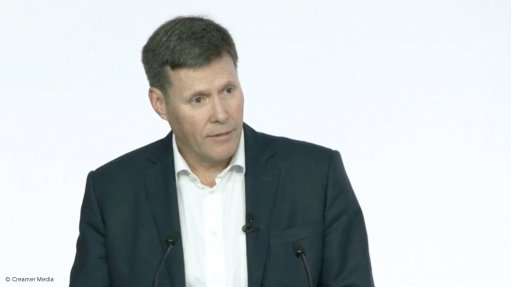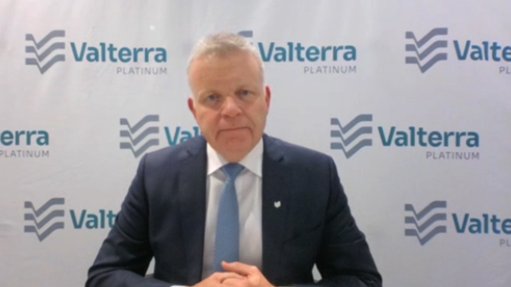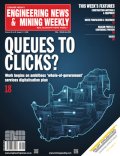Blending AI, human expertise to enhance mineral exploration

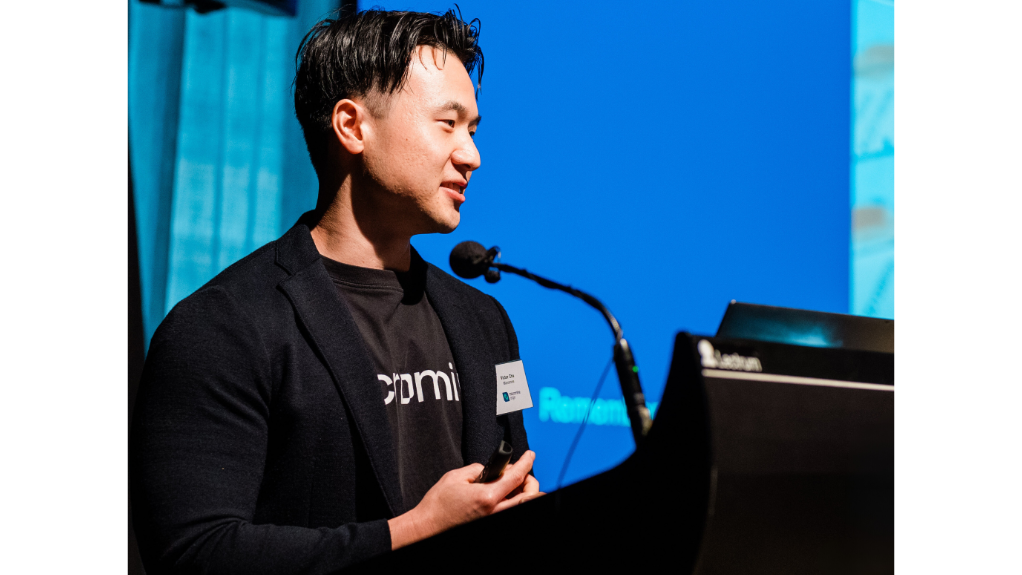
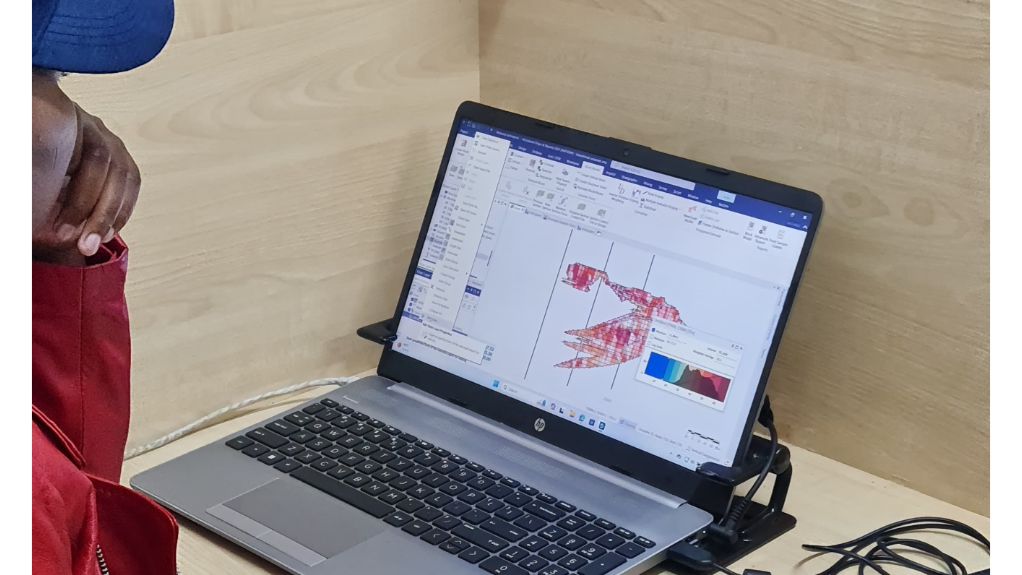
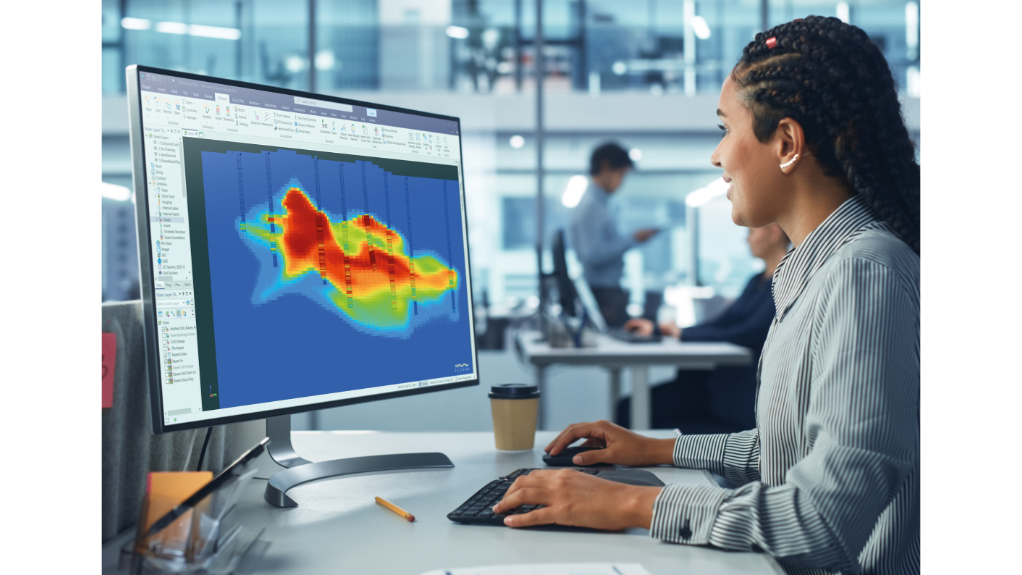
VICTOR CHA AI algorithms excel at processing vast amounts of data from geological surveys, satellite imagery and historical exploration data, with machine learning models being able to identify patterns, anomalies and potential mineral deposits that might elude traditional methods
TESTING AND TRAINING A mine operation employee going through the training process for the Micromine Origin Grade Copilot AI software
DECIPHERING DIVERSE DATASETS Exploration efforts can be made more effective by interpreting diverse datasets such as geological analyses and surveys
Central and East Africa hold a “treasure trove” of minerals vital to modern life, reports mining software company Micromine exploration geologist Victor Cha, who has worked at numerous mine sites and on significant mining projects across Western Australia's Pilbara and Goldfields regions.
The region's mineral resources are essential for the world’s transition to sustainable energy, advanced technology and resilient infrastructure, making the region a crucial player in global economic and technological development.
Unearthing these resources has historically relied on extensive fieldwork, geophysical surveys and geological analysis; however, he says the landscape is rapidly evolving, ushering in a new era empowered by AI-driven mineral exploration.
“AI, often seen as a complex field, is revolutionising mineral exploration by enhancing exploration efficiency, accuracy and sustainability,” says Cha.
He adds that AI will play a critical role in ensuring the efficient and sustainable extraction of critical minerals in Africa, helping the region stay competitive in the global resources market.
Applications, Benefits of AI-driven Mineral Exploration
Despite the existence of challenges such as accuracy, data privacy and security, shifting of culture and workflow, and ongoing scepticism associated with AI, there are several benefits that accompany the application of AI tools in mineral exploration.
Cha highlights four significant applications and benefits of using AI during mineral exploration projects.
Firstly, he says AI algorithms excel at processing vast amounts of data from geological surveys, satellite imagery and historical exploration data, explaining that machine learning models, like neural networks, can identify patterns, anomalies and potential mineral deposits that might elude traditional methods. This allows for improved data analysis and prediction.
Secondly, by analysing geological data, Cha says AI can pinpoint areas more likely to contain specific minerals. This targeted approach reduces exploration costs and environmental impact by focusing efforts on high-potential sites, making way for an enhanced level of targeted exploration.
In addition, AI-powered tools streamline workflows, accelerating the analysis of geological data and reducing the time required for exploration. This efficiency mitigates risks and enables faster decision-making in identifying potential mineral resources.
“When combined with the nuanced understanding of geologists and engineers, AI algorithms create a powerful synergy. Experts can provide critical context and domain-specific knowledge to AI systems, ensuring more reliable data interpretation and refining the identification of potential mineral deposits through expanded collaboration with other experts in the field,” he states.
Harnessing Deep-learning Neural Networks
The convergence of AI, robotics and automation is “poised to redefine” the future of mineral exploration, says Cha, adding that among these advancements, deep learning neural networks stand out in deciphering complex geological data.
Deep-learning neural networks excel in recognising intricate patterns within vast datasets, he points out, adding that in minerals exploration, these networks are trained on the user's geological data, enabling them to discern subtle indicators of mineral deposits that might evade traditional analysis.
These neural networks can delineate geological formations and mineral occurrences with “exceptional” reliability, notes Cha.
By interpreting diverse datasets, from geological surveys to geochemical analyses, these models guide exploration efforts more effectively.
The combining and implementation of deep-learning neural networks signifies a well-working relationship between AI and human expertise.
“AI-driven models assist in data interpretation and predictive analytics, while human geologists contribute their nuanced understanding and contextual knowledge, ensuring a comprehensive and reliable exploration,” he says.
To meet these modern exploration demands and help explorers work smarter, Micromine offers its Origin Grade Copilot, which is a tool designed to change how resource geologists experience their work.
The cloud-based tool leverages machine- learning techniques to generate highspeed grade models with remarkable precision, and acts as a virtual colleague, providing expert guidance whenever needed.
Micromine Origin Grade Copilot processes diverse geological data to autonomously generate robust models. For example, the Origin Grade Copilot enables the start of exploratory data analysis (EDA), which Cha says offers a reliable foundational base, or starting point, by swiftly identifying trends and relationships.
“The Origin Grade Copilot acts as an independent expert, validating interpretations and encouraging thorough examination of geological scenarios, streamlining and boosting confidence in EDA,” he says.
“The Micromine Origin Grade Copilot frees up valuable time for geologists to engage in higher-level analysis and strategic decision-making. This innovative tool enhances productivity, reliability and confidence in resource estimates, revolutionising how resource geologists work and setting a new standard in the industry,” concludes Cha.
Comments
Announcements
What's On
Subscribe to improve your user experience...
Option 1 (equivalent of R125 a month):
Receive a weekly copy of Creamer Media's Engineering News & Mining Weekly magazine
(print copy for those in South Africa and e-magazine for those outside of South Africa)
Receive daily email newsletters
Access to full search results
Access archive of magazine back copies
Access to Projects in Progress
Access to ONE Research Report of your choice in PDF format
Option 2 (equivalent of R375 a month):
All benefits from Option 1
PLUS
Access to Creamer Media's Research Channel Africa for ALL Research Reports, in PDF format, on various industrial and mining sectors
including Electricity; Water; Energy Transition; Hydrogen; Roads, Rail and Ports; Coal; Gold; Platinum; Battery Metals; etc.
Already a subscriber?
Forgotten your password?
Receive weekly copy of Creamer Media's Engineering News & Mining Weekly magazine (print copy for those in South Africa and e-magazine for those outside of South Africa)
➕
Recieve daily email newsletters
➕
Access to full search results
➕
Access archive of magazine back copies
➕
Access to Projects in Progress
➕
Access to ONE Research Report of your choice in PDF format
RESEARCH CHANNEL AFRICA
R4500 (equivalent of R375 a month)
SUBSCRIBEAll benefits from Option 1
➕
Access to Creamer Media's Research Channel Africa for ALL Research Reports on various industrial and mining sectors, in PDF format, including on:
Electricity
➕
Water
➕
Energy Transition
➕
Hydrogen
➕
Roads, Rail and Ports
➕
Coal
➕
Gold
➕
Platinum
➕
Battery Metals
➕
etc.
Receive all benefits from Option 1 or Option 2 delivered to numerous people at your company
➕
Multiple User names and Passwords for simultaneous log-ins
➕
Intranet integration access to all in your organisation









